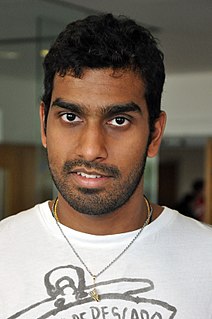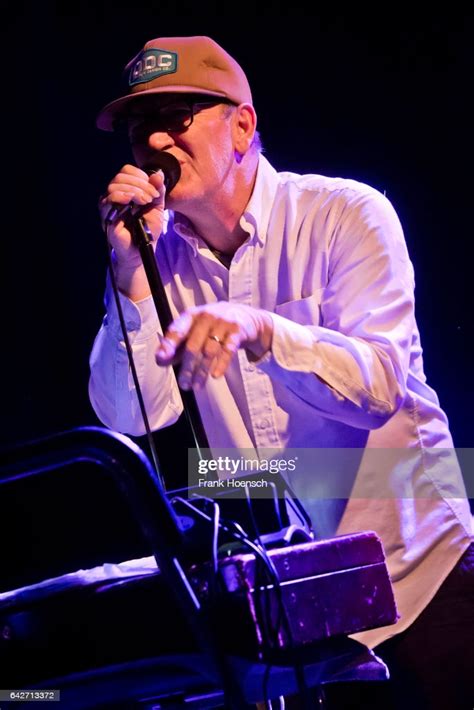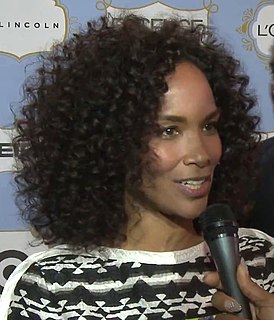A Quote by Kevin Maney
From about ninth grade on, I knew I was a writer at heart. I had fantasies of being a great novelist, but I thought that seemed like an iffy way to try to make a living. So I tried journalism while in college, and really liked it. But even in journalism, I've always pursued ways to be somewhat literary, whether writing a column or writing books.
Related Quotes
I've always wanted to be in journalism. I even started a course at Loughborough doing media studies. I like all sports, and I am keen on writing. But I thought that while I was still young, I ought to make a real go of it at badminton. So I have put all my focus on playing sport instead of writing about it.
I've always been a writer. I started getting paid for writing in college. Where it transitioned from commentary to journalism was in that shift - not wanting to write personal stories because people are hungry in not necessarily great ways for the sexy, sexy, sex work story. I was trying to shift the focus, and journalism was the tool I needed to write about people outside my own life and range of experience.
In a sense, journalism can be both helpful and detrimental to a writer of fiction because the kind of writing you need to do as a journalist is so different. It has to be clear, unambiguous, concise, and as a writer often you are trying to do things that are more ambiguous. I find that writing fiction is often an antidote to reading and writing too much journalism.
I came to nonfiction through journalism. My first book was journalism, and it was so frustrating to me, while I was writing it, that I wasn't capturing the moments the way they were when I lived them; I was filtering and re-filtering. I had to come to terms with the fact that I couldn't and shouldn't claim authenticity. Then, when the book was published and I gave readings, I'd hear myself read and it was like I was eavesdropping on a dream - even with myself as the narrator. I knew that guy but couldn't exactly recognize him.
I reluctantly signed up for a journalism major, thinking I needed a fall-back way to make money should my career as a novelist fail to take off. As I started to try on journalism, including doing internships and working at the campus paper, I found I actually liked it. So I started to want to be a journalist.
Early on in life I knew that I was a writer, that I just wanted to write, I love books, I love literature and after graduating college, I kind of wandered around in Europe learning languages and writing novels and never led anywhere. And then I got into like journalism in New York as a way to kind of maybe find my way into the field and it wasn't a good fit. It just wasn't right for me.
My literary criticism has become less specifically academic. I was really writing literary history in The New Poetic, but my general practice of writing literary criticism is pretty much what it always has been. And there has always been a strong connection between being a writer - I feel as though I know what it feels like inside and I can say I've experienced similar problems and solutions from the inside. And I think that's a great advantage as a critic, because you know what the writer is feeling.
It's great to be excited by your profession, whether you are a doctor or a writer. I started writing books when I was in medical school and, by the time I graduated, I realized that writing was more exciting to me than being a doctor. And if I tried to be a doctor and a writer, then both would suffer.
I've always liked elliptical writing, whether it's Kafka or Paula Fox, and I'm often bored by writers who explain too much. I think that becomes journalism. Mostly I don't try to explain to readers who somebody is - I just write about the somebody. I'm thinking through ideas. And I have the sense that, if you're reading this, you have some interest.
I always have done work on mythic relations since I started writing. I really want to be a novelist, or at least a writer of imaginative work... I do try to make my critical studies imaginative and try to write them in ways that are more like literature than philosophy, but I have disappointed myself because I am still so wedded to criticism.































